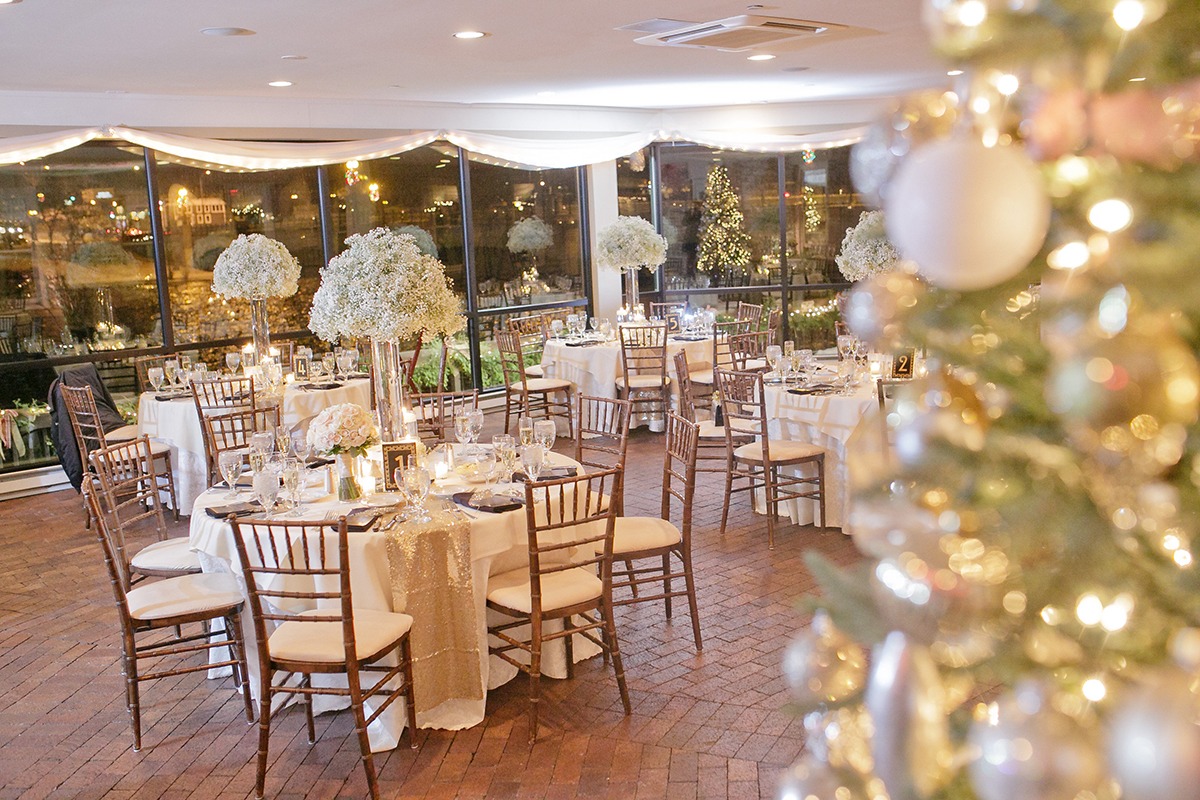Event spaces play a crucial role in fostering community engagement and building connections among individuals. From weddings and reunions to local markets and cultural festivals, these spaces provide a setting where people gather, interact, and form lasting relationships. Beyond merely providing a venue, event spaces contribute to the cultural, social, and economic vibrancy of communities. Whether a large banquet hall or a cozy waterfront spot, each event space holds potential to unite people in meaningful ways. Here’s a closer look at how event spaces contribute to community building and engagement.
1. A Hub for Celebrating Life’s Milestones
One of the most important functions of an event space is to serve as a backdrop for life’s milestones. Weddings, birthdays, anniversaries, and other celebrations bring families and friends together, strengthening bonds and reinforcing shared traditions. These gatherings create a sense of belonging, allowing people to share in each other’s joy and celebrate important moments collectively.
For instance, a venue like Riverside restaurant for wedding reception can provide a memorable experience for couples and guests. With scenic surroundings and ample space for guests, a dedicated event space allows family and friends to immerse themselves in the celebration without the limitations of personal or smaller venues. Such experiences create positive associations with the community space, encouraging future gatherings and celebrations in the same location, fostering a shared sense of history and connection.
2. Encouraging Local Arts and Culture
Event spaces often double as venues for showcasing local arts and cultural events. By hosting art exhibitions, music performances, film screenings, and theater shows, these spaces offer artists a platform to share their work with the community. Cultural events bring people from diverse backgrounds together, fostering a sense of unity and appreciation for different perspectives.
When local artists have a dedicated venue to showcase their talent, it benefits both the artists and the community. Residents enjoy access to a vibrant cultural scene, and local talent gains visibility and support. Over time, these events create a cultural identity for the community, making it a destination for people interested in local arts and culture. Furthermore, event spaces that focus on cultural programming can spark interest in the arts among young people, inspiring the next generation of creators and artists.
3. Creating Opportunities for Networking and Collaboration
Event spaces also serve as hubs for professional networking and collaboration. Business conferences, workshops, and trade shows are commonly held in community venues, bringing professionals together to exchange ideas, share knowledge, and establish connections. These events contribute to community engagement by promoting economic growth and fostering relationships among local businesses, entrepreneurs, and industry professionals.
Local venues also provide an opportunity for small business owners to promote their products and services, helping them connect with potential clients and collaborators within their community. By fostering these interactions, event spaces support local economic development, encourage innovation, and help businesses thrive. The connections made at these events often lead to partnerships and collaborations that benefit the wider community, creating a network of support and shared resources.
4. Strengthening Civic Engagement
Public meetings, town halls, and workshops focused on local issues are often held in community event spaces. These gatherings give residents a chance to discuss pressing matters, voice concerns, and work together on solutions. By providing a platform for open dialogue, event spaces empower individuals to take an active role in shaping their community, fostering a sense of ownership and responsibility.
Event spaces also play a role in educating the community. Workshops on topics like environmental conservation, health, and financial literacy are valuable resources that contribute to community well-being. When people gather in one place to learn and share ideas, it builds a stronger, more informed community. Civic events are especially effective when held in accessible, well-designed spaces that encourage participation and ensure everyone feels welcome.
5. Supporting Community Health and Wellness
Event spaces are ideal for health and wellness activities, such as fitness classes, mental health workshops, and wellness fairs. These events promote healthy lifestyles and provide resources for physical and mental well-being. By hosting wellness-focused gatherings, event spaces contribute to the health of the community, helping residents feel more connected to their neighbors and encouraged to take care of themselves.
Community wellness events also bring together health professionals, local businesses, and non-profit organizations to offer support and services to attendees. In some cases, these events address specific community health needs, providing valuable education on nutrition, mental health awareness, or preventive care. By focusing on wellness, event spaces make a positive impact on the overall quality of life for community members.
Conclusion
Event spaces are integral to community building and engagement, acting as the physical setting where connections are made, ideas are shared, and memories are created. Whether hosting a Riverside restaurant for wedding reception, a local art show, or a public town hall, these spaces contribute to the social fabric of a community by bringing people together in ways that enrich their lives. Through celebrations, cultural events, professional networking, civic gatherings, and wellness activities, event spaces play a crucial role in uniting people and fostering a sense of belonging. In doing so, they help communities grow stronger, more connected, and more resilient over time.

